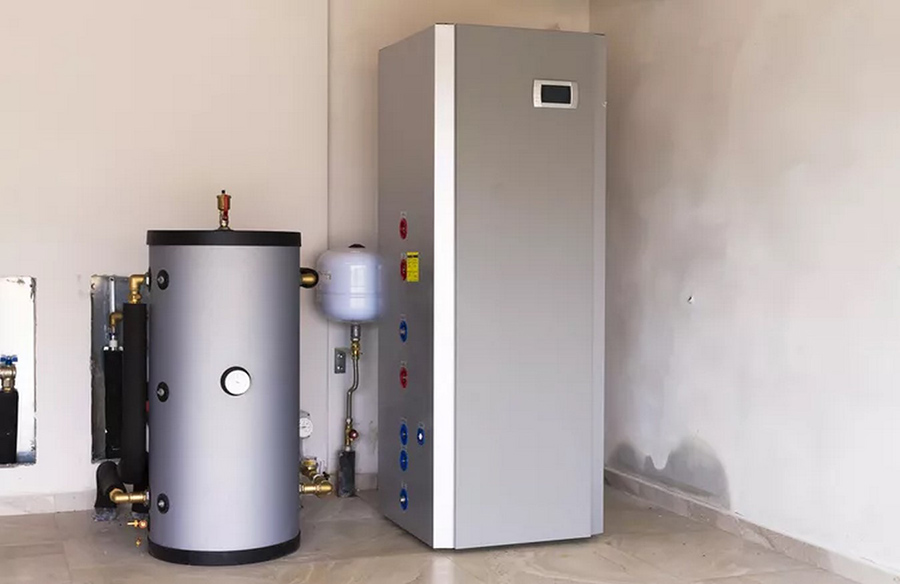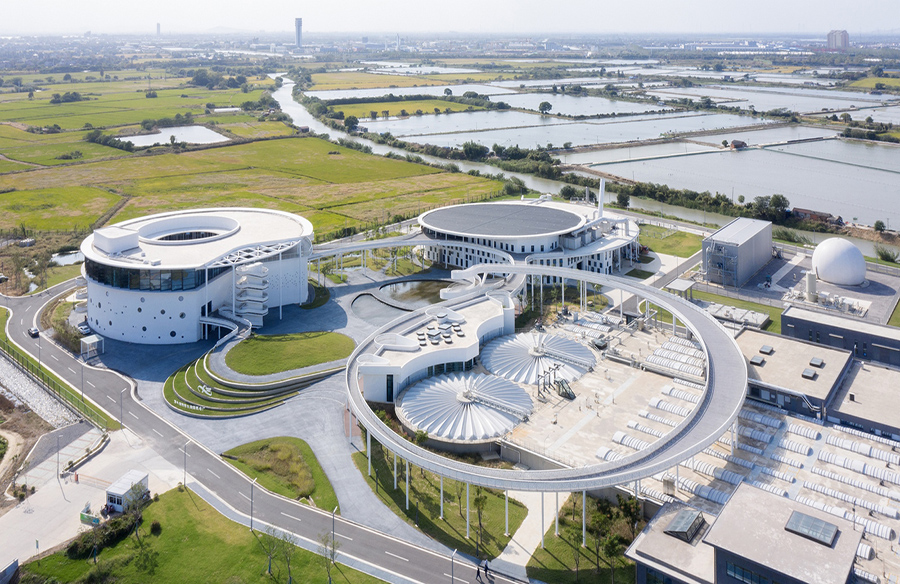The urgency of addressing heat waves due to global warming cannot be overstated. Various reports have highlighted the dire consequences of rising temperatures worldwide. From record-breaking heat waves in France to canceled marathons in Canada, the impacts are evident across the globe.
Global Heat Wave Crisis
The severity of the situation is underscored by headlines such as “China to Increase Coal Production amid Heat-Wave-sparked Surge in Electricity Demand.” This indicates a dangerous trend toward exacerbating the problem rather than mitigating it.
Infrastructure Vulnerabilities
Journalist Simon Kuper and NYU professor Eric Klinenberg warn about the inadequacy of American infrastructure to withstand prolonged heat waves. Aging electrical grids pose significant risks, potentially leading to food spoilage, trapped residents, and water supply disruptions.
Misconceptions About Solutions
Despite the growing crisis, misconceptions persist regarding solutions. Merely relying on air conditioners or heat pumps without holistic design considerations exacerbates the problem. Andrew Michler’s critique of the heat pump craze highlights the need for a comprehensive approach.
Importance of Building Design
Architect Michael Eliason advocates for Passivhaus designs, emphasizing their ability to provide protection against heat, cold, energy spikes, and wildfires. However, mainstream building practices often overlook such holistic approaches, treating buildings as disjointed components.
Rethinking HVAC Systems
Engineers like Robert Bean and Eoghan Hayes stress the importance of rethinking HVAC systems beyond mere equipment. Integrating health, ventilation, and comfort into building design is essential. This requires addressing insulation, walls, windows, shading, and environmental considerations.
Environmental Impact of Cooling Systems
William Saletan’s critique of air conditioning underscores its environmental impact, contributing to greenhouse gas emissions. The reliance on cooling systems exacerbates climate change, creating a vicious cycle of heat waves and energy consumption.
Immediate Action Required
With the hottest months yet to come, urgent action is imperative. Eliason’s proposed climate actions offer a starting point for cities to enhance resilience against climate change impacts.
In conclusion, the escalating frequency and intensity of heat waves demand immediate and comprehensive action. Addressing infrastructure vulnerabilities, rethinking building design, and reducing reliance on cooling systems are crucial steps toward mitigating the impacts of global warming.








